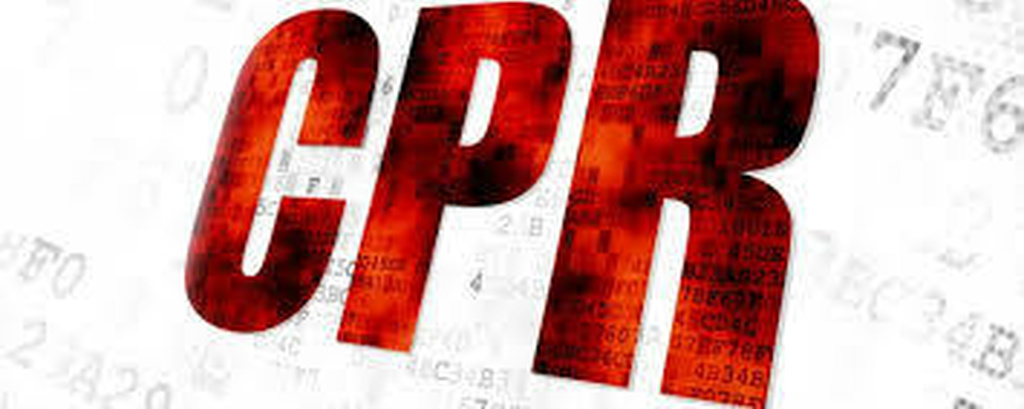
Christians, Please Respond (CPR)
Professing believers do not have sufficient skill in helping them identify when a brother or sister in Christ is exhibiting real problems spiritually. Moreover, they have determined that, unlike choking, heart attack or some other such emergency, Christian students being “educated” in public schools is not a crisis.

- Andrea G. Schwartz
I recently took a certification course in CPR (Cardio-Pulmonary Resuscitation). This instruction includes being able to recognize and respond to emergency or life-threatening situations. Identifying the signs and symptoms of a serious condition can mean the difference between life and death. The instructor differentiated between signs and symptoms, pointing out that a sign is something observed and a symptom is something felt or experienced. Thus, a vital aspect of providing effective assistance is to know what the signs are of someone in distress, such as in the case of cardiac arrest, an asthma attack, or a choking episode, while noting the obvious indicators from them that they are in trouble.
I find it noteworthy that professing believers do not have sufficient skill in helping them identify when a brother or sister in Christ is exhibiting real problems spiritually. Moreover, rarely do they develop the skill set to help resolve the obvious issues. In many cases, they have determined that, unlike choking, heart attack or some other such emergency, Christian students being “educated” in public schools is not a crisis.
As the school year commences, or is well underway in many places, there is, no doubt, ample evidence in front of parents and the Body of Christ that the public school culture in which children have been placed, not only fails to represent a Biblical foundation or perspective, but works in direct opposition to it. Just a glance at the textbooks, and the themes presented in parent orientations or back-to-school nights, should be enough to require intervention. Yet, because we live a time when “getting along” takes precedence over exhorting others to obedience, many remain silent for fear of the repercussion of being labeled legalistic. Or, possibly, they are just too lazy or indifferent to get involved.
There used to be a slogan to dissuade people from driving under the influence of alcohol: “Don’t drink and drive.” There also was a slogan designed to place responsibility on bystanders: “Friends don’t let friends drink and drive,” calling for the establishment of a designated driver. When the claims of Christ are ignored or rebuffed in an ongoing fashion day-in and day-out, is it not time that we should say, “Believers don’t allow believers to sacrifice their children to Baal,” and become the designated exhorter?
Our culture depends on who is educating the young people of today and the standards to which they are being held. The status quo will not change unless believers rescue those in deep trouble. Bystanders share in the liability and should tremble in fear of God’s judgment if they stand by and fail to challenge the disobedience and complacency of much of the church. A day of reckoning is approaching, if not already here. Learn to identify the signs and symptoms of this acute spiritual emergency, and for God’s sake, do something about it.

- Andrea G. Schwartz
Andrea Schwartz is Chalcedon’s family and Christian education advocate, and the author of eight books including: A House for God: Building a Kingdom-Driven Family, The Biblical Trustee Family: Understanding God’s Purpose for Your Household, Empowered: Developing Strong Women for Kingdom Service, Woman of the House: A Mother’s Role in Building a Christian Culture, and The Homeschool Life: Discovering God’s Way to Family-Based Education. She’s also the co-host of the Out of the Question podcast, the Chalcedon podcast, and has an active teaching schedule with women and high schooled students.. She can be reached at [email protected].